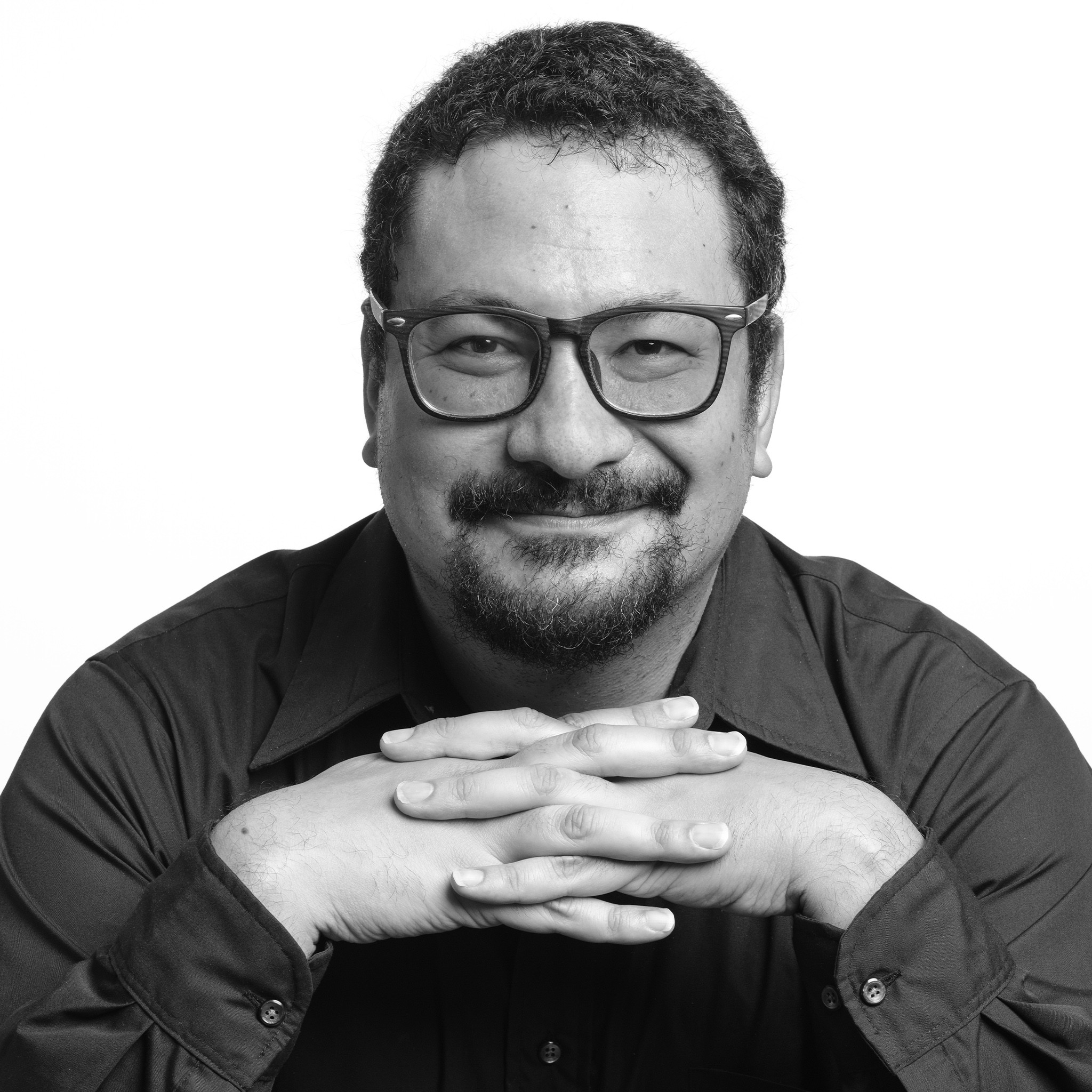We were lucky to catch up with David Chiu recently and have shared our conversation below.
David, thank you so much for joining us today. Let’s jump right into something we’re really interested in hearing about from you – being the only one in the room. So many of us find ourselves as the only woman in the room, the only immigrant or the only artist in the room, etc. Can you talk to us about how you have learned to be effective and successful in situations where you are the only one in the room like you?
It’s a lot easier now than it used to be. I’m deeply involved in the Jewish community — as a professional, as a volunteer leader, and as a spiritual participant. While it’s still often the case that I’m the only Asian American or even the only Jew of Color in a particular meeting or event, I’m now a community leader in a national organization of Asian Jews, The LUNAR Collective. I go to networking events run by the Jews of Color Initiative. or Jews of Color affinity spaces like the one at Dayenu. Even at the Jewish theatre company where I work, I now run into other JOCs pretty regularly as actors, artists, and writers.
And so even if I’m the only Asian Jew or Jew of Color in one particular room, I know there’s another room I’ll be in soon where I’ll be one of many. And it’s like looking forward to a warm bath. It recharges me. It’s not like the places where I’m the only Asian Jew are unpleasant — most of the time, people are welcoming and wonderful. But there is something really powerful about seeing a room full of Asian Americans and knowing they’re all Jewish, too, and so that the particular combination I am is perfectly normal. It carry this feeling with me afterwards, feeling more comfortable in my own skin.
And plus, if I did have a frustrating experience with racism, I’m around other people who have gone through something similar. We kvetch about it, and then often we laugh about it, because racist behavior is often ridiculous.
Thanks for sharing that. So, before we get any further into our conversation, can you tell our readers a bit about yourself and what you’re working on?
I’m a producer on the first-ever theatre show to explore the lives of Asian American Jews. Entitled WHAT DO I DO WITH ALL THIS HERITAGE?, it’s a whimsical and thought-provoking journey through a series of true stories written by Asian American Jews and performed by professional actors, in the style of Salon Theatre which is the signature hallmark of The Braid. That’s the theatre company where I work.
But you know, as specific as “Asian American Jew” might sound, this show really feels like it’s for everyone. All of us struggle to reconcile different sides of ourselves and the histories that make us who we are. Sometimes it feels like we’re made up of puzzle pieces that don’t totally fit together. But what I’ve learned is, they do — we just have to stop trying to make them form a preconceived picture and instead be open to discovering what is the unique portrait that each one of us actually is. And when you let yourself discover that portrait, there’s this incredible joy. And so I think this is a very joyful show. No matter who you are, you’ll come away feeling good about being uniquely you.
I mean, we’re going for a wide range of emotions: some stories are full of laughter and some will give you a good cry; more than one will teach you something new. But if I had to sum up the whole show in a word, it’s triumph. It’s just this triumphant feeling that we can all embrace our heritage in ways that make us feel whole.
Look, it’s both an honor and a daunting task to represent the Asian Jewish community to the world, and I’m also grateful that I’m not doing it alone. My co-producers on the show are some of my fellow leaders in The LUNAR Collective, a national organization by and for Asian Jews. These include Executive Directors Maryam Chishti and Jenni Rudolph, and Vanessa Bloom — she, like myself, is a Los Angeles Community Leader for LUNAR. And of course, The Braid’s artistic director and my mentor, Ronda Spinak, has sixteen years of perfecting this artform, knowing deeply what audiences respond to and how use storytelling to its greatest effect. Her guidance has been invaluable.
And as we put together the show, I’ve come to realize something: the word “heritage” in the title isn’t merely about the past — it’s about what we take with us and pass on to the next generation. And so it’s really about hope for the future. Hope for the future… hey, isn’t that something we could all use right now?
There is so much advice out there about all the different skills and qualities folks need to develop in order to succeed in today’s highly competitive environment and often it can feel overwhelming. So, if we had to break it down to just the three that matter most, which three skills or qualities would you focus on?
I remember learning in film school “the particular is universal.” In other words, no one is a generic human. We all come from specific cultures, have specific interests and quirks and problems. And so the way to connect with everyone isn’t to shy away from telling stories about really particular, unique people — it’s to lean into that. Because even if I don’t have a protagonist’s particular, unique life, I have my own particular, unique life. And so that person feels real to me, feels like me, and as they struggle and overcome their challenges, I come away with the strength to struggle and overcome my own.
It’s why I think everyone will relate to WHAT DO I DO WITH ALL THIS HERITAGE?
The second thing I’ll say is, people don’t always expect to be agreed with but they do want to be listened to. Inevitably you can’t please everyone with your decisions. And while some people will always be angry you didn’t do what they wanted you to do, many will respect that you had to make some tough decisions — as long as the decision process involved hearing them out. Too often we do the opposite: we cut people out of the decision-making process thinking things will go smoother. It won’t. People get angry when it feels like they didn’t even get a chance to be heard. But listening means really listening — giving people your focused attention, showing that you really care what they have to say. You can’t fake it. They can tell. So you just have to make an effort to do it.
Finally, never try to negotiate with a cat. You’ll always lose. Save yourself the time and just give in.
Before we go, any advice you can share with people who are feeling overwhelmed?
When I’m really stuck, I go for a good walk. There’s something what it does to your brain. Or take a shower. That’s my other way breakthroughs come to me. The body and the brain are deeply connected.
Contact Info:
- Website: https://the-braid.org
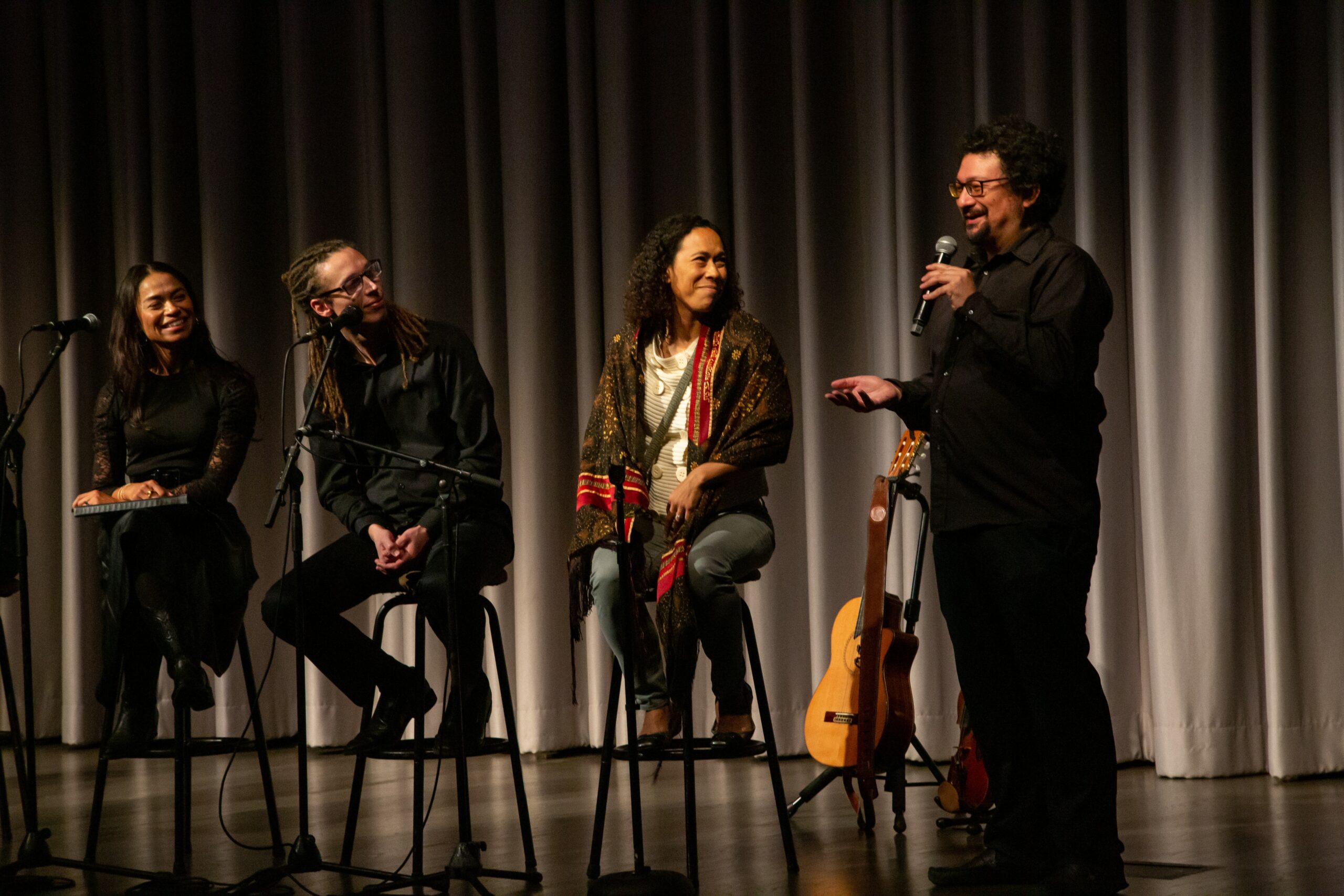
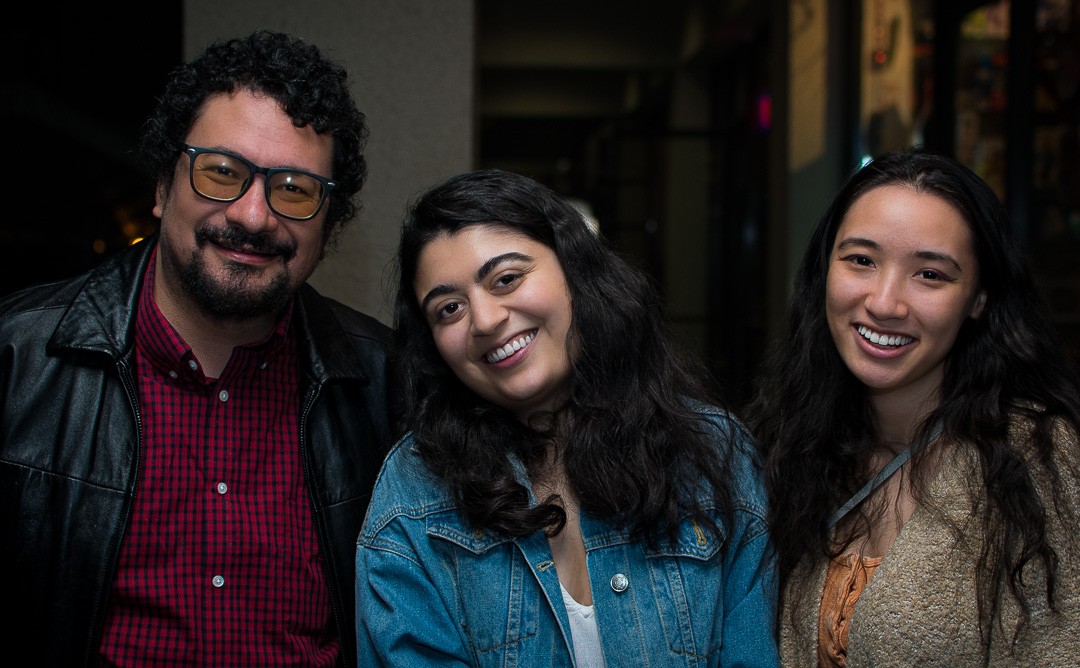
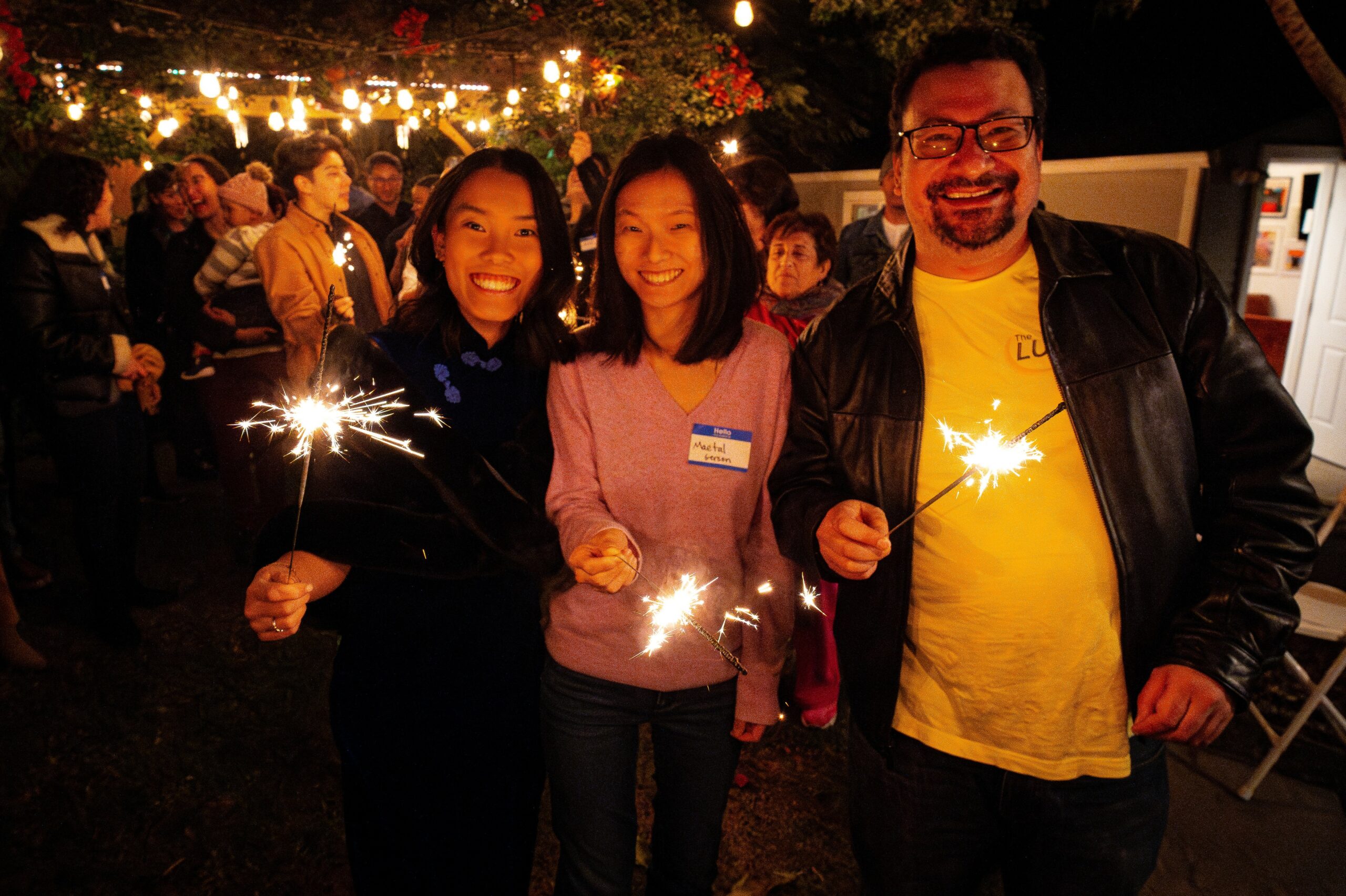
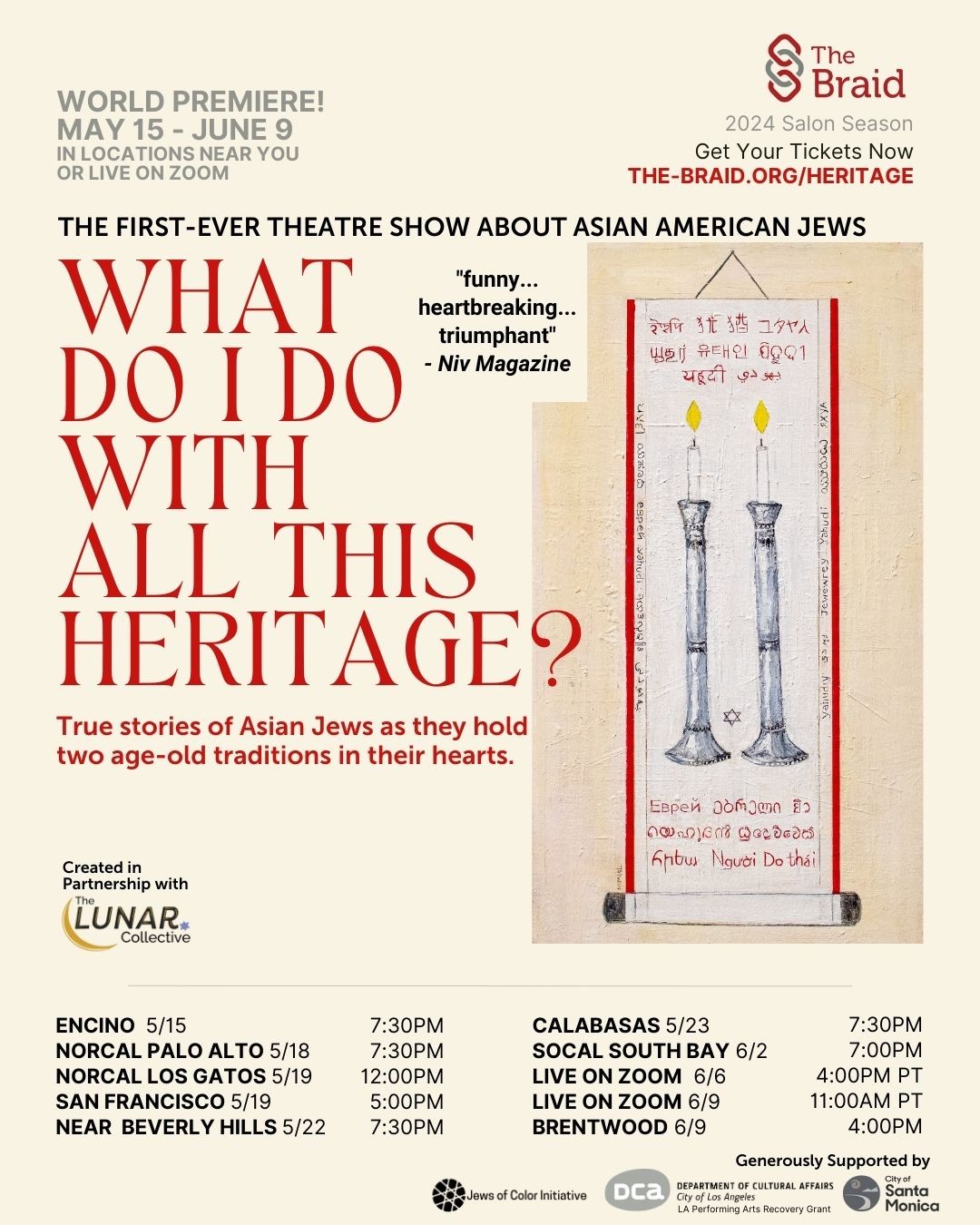
Image Credits
Penny Wolin Cinthya Silverstein/Marilee Tolwin/David Chiu jade Blairs Scott Miles Jared Chiang-Zeizel

